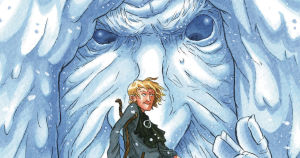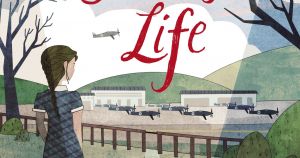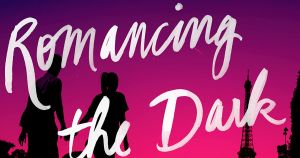
Review: Our Chemical Hearts by Krystal Sutherland
The characterization and descriptions of Grace do disabled readers a disservice in more ways than one.

The characterization and descriptions of Grace do disabled readers a disservice in more ways than one.

We sat down with NYT bestselling author Leigh Bardugo to talk about her most recent series, its depiction of disability, and more!

Six of Crows portrays disability with incredible nuance; it’s realistic, respectful, and perfectly integrated into the characters and story.

From a mythology buff’s perspective, I was delighted with Odd and the Frost Giants. From a disability perspective, though, I was confused.

I could criticize the focus on “fixing” and of the correlation between unwantedness and disability, but the book is focused on unwantedness in a broader fashion; Ava is as challenged by her circumstances as she is by her clubfoot.

Jacobus nailed the struggle with addiction, she nailed physical limitations, she nailed alcoholic and disability-related depression, she nailed the chaos of the active alcoholic, and she nailed the hopelessness and despair that can come from all of it.

A nuanced, natural depiction of disability, realistic in both its physical presentation and the character’s emotional reactions.

While Call’s disability informs his character, it’s hardly the focus of the story, and I appreciated that. What I liked even more was the way Black and Clare treated Call’s disability when they did mention it.

A princess with a clubfoot. Who can resist? We can’t, and apparently the Schneider Family Book Award jury couldn’t, either. Merrie Haskell’s 2014 win of the award was just one of the reasons we wanted to discuss her MG fantasy novel Handbook for Dragon Slayers with her.

Julian Birch has a “withered” leg from a childhood bout of polio, and Mitchell’s depiction of him is one of the most believable, relatable portrayals of disability I’ve come across.